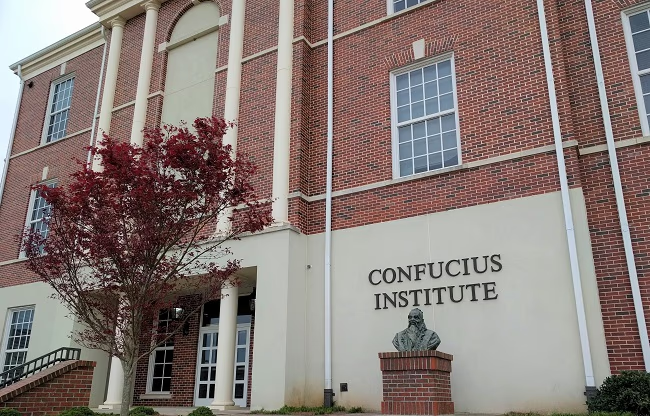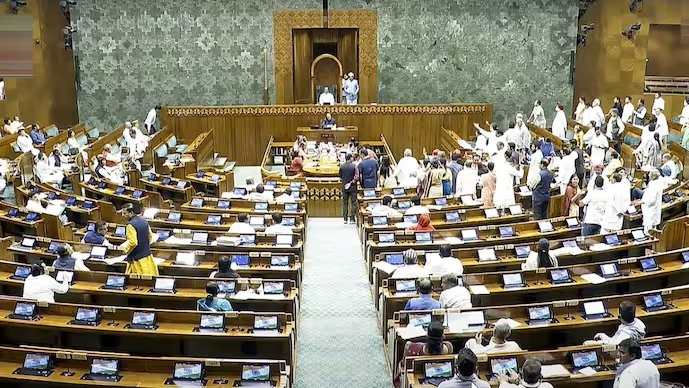While China is not as secretive as North Korea, many of its organizations are often viewed with suspicion due to its expansionist policies. The Confucius Institutes (CIs) are at the top of this list. Although these institutes claim to teach Chinese culture and language, they are frequently accused of collecting sensitive information.
Recently, following the actions of other countries, several Australian universities have closed these institutes. This action follows steps already taken in the United States. But what exactly has happened, and what do we know about these institutes?
What Happened in Australia
According to a BBC report, six Australian universities, including major ones like Melbourne, Queensland, and New South Wales, have shut down their Confucius Institutes. Almost half of the institutes in the country have been closed. Interestingly, universities cited interruptions during the COVID period as the reason, while the Australian government had earlier banned the opening of new CIs.
Reasons for the Ban
The government expressed concerns about national security and foreign interference threats from these institutes. In 2019, Australia's then-Education Minister Dan Tehan noted that the government was looking into controlling foreign influence in universities, including reviewing Confucius Institutes. Additionally, the Australian Security Intelligence Organization (ASIO) discussed potential threats of foreign interference, which led to the government banning the opening of new institutes.

Source: aajtak
Many Countries Have Shut Down Confucius Institutes
- In 2020, Sweden became the first European country to take direct action by closing all its CIs and classes. - France initiated actions in 2013, leading to multiple closures. - Several Canadian universities also closed their CIs, although exact figures are unclear. - During Trump's first term, over 100 such institutes existed in the USA, but many began closing. The US government labeled these institutes suspicious, resulting in around 80 closures. Current data on the numbers is elusive. - In India, despite partnerships with CIs, the UGC in April 2022 advised that details of foreign funding be disclosed before affiliating colleges with Confucius Institutes, amid alleged espionage claims. - The UK threatened to close CIs, accusing them of espionage under the guise of teaching the Chinese language.
Who Was Confucius?
Confucius was a Chinese philosopher born in 550 BC. He advocated for education to eliminate societal evils in ancient China. In his memory, the concept of these institutes emerged in China. Created by a Chinese government body known as Hanban, these non-profit institutes first opened in Seoul, South Korea, in 2004. Hanban, under the Ministry of Education, was later renamed the Center for Language Education and Cooperation, and they now manage Confucius Institutes globally.

Source: aajtak
In just a few years, these institutes expanded to approximately 160 countries, with about 10 million international students learning the Chinese language—a significant number supported by generous Chinese funding. As reported by Diplomat, the USA once had the most institutes, which began closing during Trump's tenure.
What's Taught at CIs?
According to The Conversation, they teach more than just Chinese language and culture. Students can also learn calligraphy, Chinese cooking, and martial arts. Students are encouraged to visit China as part of their learning experience.
How CIs Operate
They approach reputable universities, requesting the inclusion of Chinese languages in their foreign language curriculum, offering significant funding for infrastructure, teachers, and other needs in exchange. Teachers often align with Chinese ideology, or they are selected based on those preferences.
The Controversy
Confucius Institutes have long been controversial. An ABC report years ago revealed that a primary teaching requirement was that instructors have a solid political understanding and a love for the motherland, China. As reported by Firstpost, Professor John Fitzgerald from Australia explained that 'political understanding' implies aligning with Communist Party politics without differing views. While there have been allegations of espionage and foreign interference, no concrete evidence has been found.
Governments also believe these institutes promote a singular ideology, potentially alienating students from their own countries and bringing them closer to China. Due to these concerns, several countries have reviewed CI operations, opting to close them or limit their numbers.




